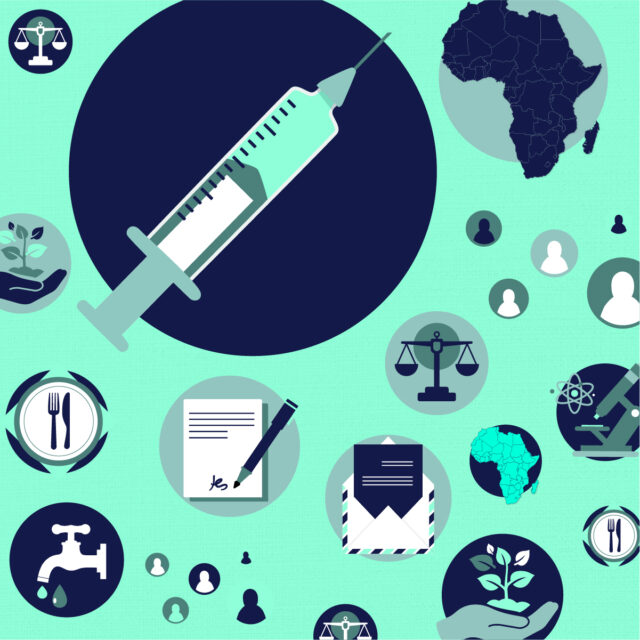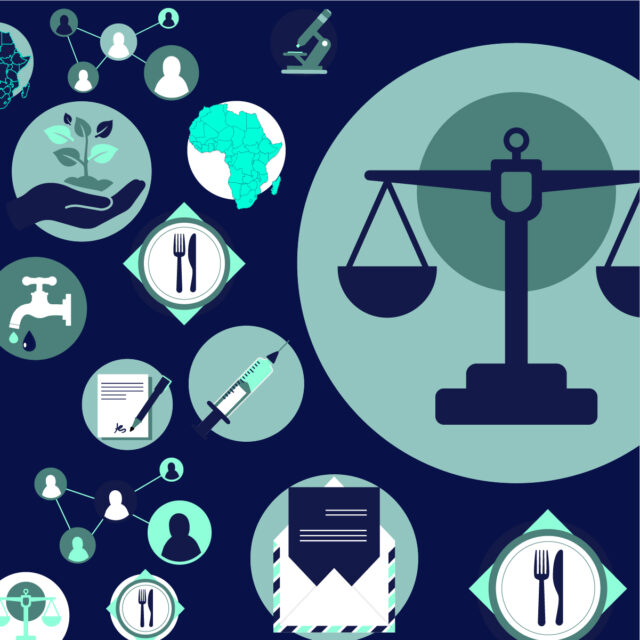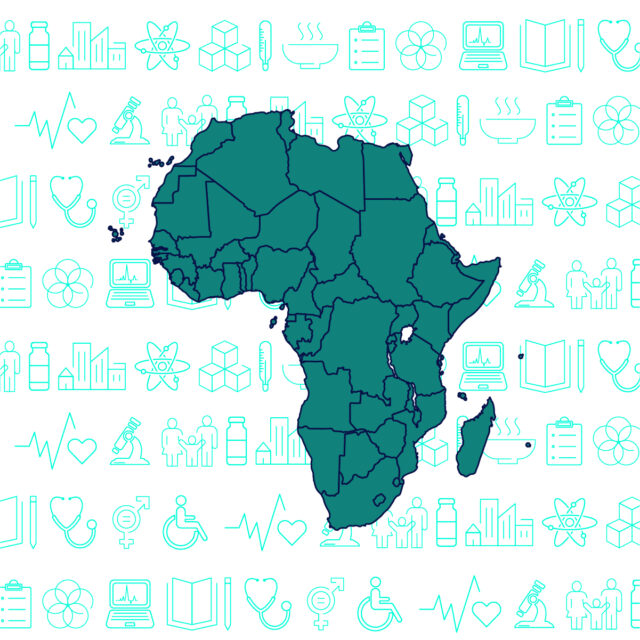Top stories
F*** famine: Somalia is on the verge of its fifth consecutive failed rainy season, exacerbating an ongoing hunger crisis that experts warn is at “real risk of famine.” Nearly half of the country’s 7 million people are confronting crisis levels of food insecurity and 1.5 million children are at risk of acute malnutrition. Over 37 million people across the Horn of Africa face acute hunger. Climate change has been a driving factor behind Somalia’s 12 droughts and 19 floods since 1990, which have been exacerbated by environmental degradation, including the loss of trees. The UN has already declared the world’s first climate change-induced famine in Madagascar. F***.
F is for failure: Rich countries have officially failed to meet their promise to deliver $100 billion per year to vulnerable countries to help mitigate the impact of climate change. Countries contributed $83.3 billion in 2020, and don’t expect to reach the $100 billion target until 2023 (14 years after they made it). Meanwhile, African leaders are reportedly planning to push for the allowance of a “massive new investment in fossil fuels” at COP27. Not all Africans are supportive, noting that it would jeopardise the Paris Agreement’s goal of limiting global warming to no more than 1.5°C. In Kenya, climate change is already responsible for more elephant deaths than poaching. In eastern Uganda, “unprecedented” flash flooding killed at least 24 people this past week.
Déjà vu all over again: The US, EU, and other wealthy countries are once again buying up the available vaccine supply for a global health emergency: this time, monkeypox. African countries — yet again — are being shunted to the end of the queue. Africa currently has zero doses of the monkeypox vaccine, despite accounting for more deaths in the current outbreak than any other region. Monkeypox is endemic in Africa. Still, a group of 35 mostly wealthy countries are racing to secure shares of the 16.4 million available monkeypox vaccine doses, putting lower-income countries at risk of going without. And history repeats itself, again.
Cause for concern: The World AIDS Conference in Montreal last week highlighted the impact of structural inequalities in more ways than one. From the missing Minister for International Development for Canada, who backed out less than 24 hours before the launch, to participants (mostly from Africa) denied visas or met with a hostile reception at entry, the hosts of the event did not appear very interested in it. AIDS cases in 2020-2021 decreased by only 3.6%, the smallest decline since 2016, according to UNAIDS. Experts have called the data an international wake up call, urging the world to take HIV seriously amidst a stalled international response disrupted by COVID-19.
Setting sail: A ship carrying 26,000 tons of corn was the first to leave Ukrainian ports since Russia’s invasion in February, following a deal brokered with Russia to allow grain exports amidst the war. The ships must navigate the heavily mined Black Sea. That risk is making it difficult to find ship insurance. The deal has the potential to free up millions of tons of grain trapped in Ukraine since the war began, helping alleviate the global hunger crisis. But Russia’s continued targeting of port cities could derail the deal and stop shipments.
Going soft: Russian Foreign Minister Sergey Lavrov announced that the next Africa-Russia Summit will take place in mid-2023. He made the announcement during his recent visit to four African countries, which included a meeting with the African Union Commission and happened to coincide with French President Emmanuel Macron’s visit to the continent. It comes amidst tensions between Africa and the West over the war in Ukraine and the compounding crises of climate, hunger, and COVID-19 across Africa. Russia has increasingly used soft power tactics to position itself as an alternative to the West and increase its influence in Africa. Apparently, plundering Sudan’s gold is also part of its plan. ¯_(ツ)_/¯
Vote the future: On Tuesday (9 August) Kenyans will head to the polls to take part in the country’s national election, which includes selecting a new president to replace outgoing leader Uhuru Kenyatta. Violence and accusations of cheating have marred past elections. Experts are fearful of a wave of sexual and gender-based violence similar to what occurred during the 2017 general election. Despite (or because of?) relentless harassment and threats, the number of female candidates is on the rise: 11% this year compared to 7% in 2017.
From the ONE Team
- ONE’s analysis highlights the considerable strain the war in Ukraine is putting on ODA budgets.
- Watch the ONE-hosted roundtable on the role that people power can play in ending AIDS.
- ONE’s Associate Editorial Director Anne Paisley on the top 5 things to know about monkeypox.
The numbers
- 9.5 million tons: the expected gross deficit of grains in West Africa in 2022 as economic and food crises continue to impact the region.
- $55 million in food security relief has been provided by USAID to Nigeria as the country continues to suffer from food and fertiliser shortages and rising fuel prices.
More reads
- African migrants continue to flee conflict and hardship, hoping for a better life in Europe. (iNewspaper)
- Why famine in Madagascar is an alarm bell for the planet. (Financial Times)
- Oil and gas profits are “immoral” says UN secretary general, António Guterres. (Guardian Australia)
- Now is not the time to neglect developing economies. (Financial Times)
- Kenya’s elite talk about American power in the past tense. (The New York Times)
- Bystanders watched as an Italian man violently murdered a Nigerian man in broad daylight. (Al Jazeera)
- The role of private finance and investment in the fight against climate change. (IMF)



